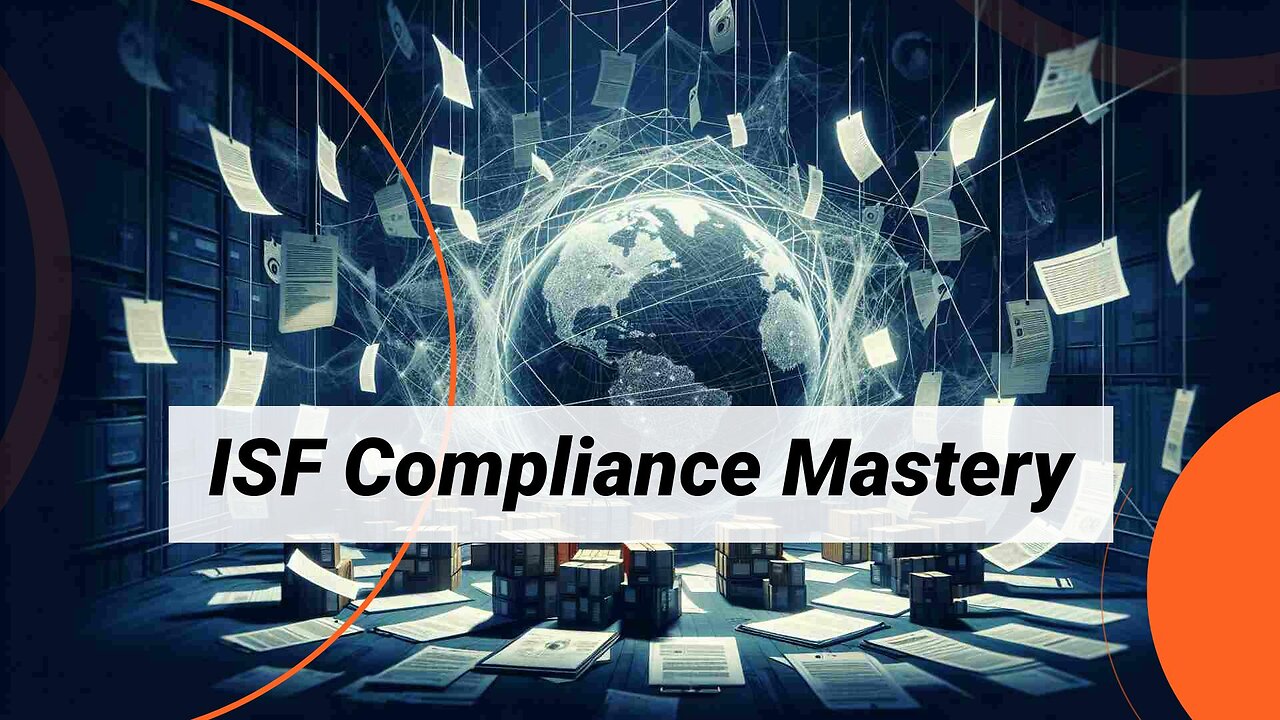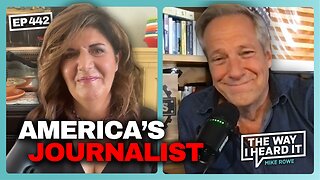Premium Only Content

Mastering Customs Brokerage: From ISF Compliance to Risk Assessment
ISF Template | 562-453-7357 | isf@isftemplate.com | www.isftemplate.com
In today's video, we discussed several essential topics in the field of customs brokerage. We began by exploring the importance of ISF compliance. The Importer Security Filing (ISF) requires importers to provide specific information about their cargo before it arrives in the United States. This filing helps enhance trade efficiency and minimize security risks.
We then turned our attention to customs bonds, which are a crucial aspect of customs brokerage. Customs bonds serve as a form of insurance, guaranteeing the payment of import duties, taxes, and fees on imported goods. They ensure compliance with customs regulations and provide financial protection for importers.
Vendor management was another crucial concept we delved into. As a customs broker, establishing strong relationships with vendors, including manufacturers, suppliers, transporters, and logistics providers, is vital. Effective vendor management ensures smooth operations, timely shipments, and adherence to customs requirements.
Supply chain relationships also play a significant role in international trade. A reliable and efficient supply chain is essential for the timely and cost-effective movement of goods. Collaboration, communication, and trust among all stakeholders are crucial for a successful supply chain.
We also discussed the impact of technology in customs brokerage. Advanced software systems automate tasks, improve efficiency, and reduce manual errors. These systems enable real-time tracking and monitoring of shipments, ensuring transparency and accountability throughout the supply chain.
Risk assessment is an integral part of customs brokerage. By identifying potential risks in the supply chain, customs brokers can take proactive measures to mitigate problems. Conducting risk assessments helps minimize delays, prevent penalties, and ensure compliance with customs regulations.
Lastly, we highlighted the role of customs brokers as trusted advisors. They provide valuable guidance on import-related matters, staying up-to-date with trade regulations, tariff changes, and compliance requirements. Their expertise helps importers make informed decisions and navigate the complex customs landscape.
In conclusion, today's video provided a deep dive into ISF compliance, customs bonds, vendor management, supply chain relationships, technology, risk assessment, and the advisory role of customs brokers. We hope you found this information valuable, and we look forward to sharing more insights in our upcoming videos. Please remember to like, comment, and subscribe for more content. Thank you for joining us today, and we'll see you in the next video!
#usimportbond #isfcustomsbroker #uscustomsclearing #isfentry
Video Disclaimer Here: This video is designed for education and is unaffiliated with US government bodies.
00:26 Importance of ISF Compliance
00:52 Customs Bonds and Vendor Management
01:41 Supply Chain Relationships and Technology
-
 1:07:06
1:07:06
Mike Rowe
18 days agoThe Fight For America's Heartland | Salena Zito #442 | The Way I Heard It
14.6K44 -
 2:43:30
2:43:30
TimcastIRL
3 hours agoSouth Park Goes FULL CHARLIE KIRK, Latest Episode ROASTS Trump Again | Timcast IRL
163K53 -
 LIVE
LIVE
SpartakusLIVE
3 hours agoThe Return of the KING of Content
457 watching -
 10:05
10:05
MattMorseTV
7 hours ago $2.97 earnedHe actually did it...
22.2K14 -
 1:32:39
1:32:39
Anthony Rogers
1 day agoEpisode 376 - Todd Schowalter
4.32K -
 LIVE
LIVE
megimu32
3 hours agoOTS: Movie Tie-In Games + Remakes: Let’s Play Memory Lane
212 watching -
 1:15:06
1:15:06
Adam Does Movies
10 hours ago $0.18 earnedTalking Movies + Ask Me Anything - LIVE
6.19K -
 1:17:18
1:17:18
Glenn Greenwald
1 day agoWhat are CBS News' Billionaire Heirs Doing with Bari Weiss? With Ryan Grim on the Funding Behind It; Europe Capitulates to Trump Again | SYSTEM UPDATE #494
94.4K66 -
 1:43:49
1:43:49
RiftTV
5 hours agoCNN Calls Black NY Shooter WHITE, Cincinnati FATIGUE | The Rift | Guest: Braeden Sorbo, 2Protects1
37K14 -
 4:21:04
4:21:04
LumpyPotatoX2
6 hours agoKilling Floor 3: Rampage & Chaos - #RumbleGaming
9.85K